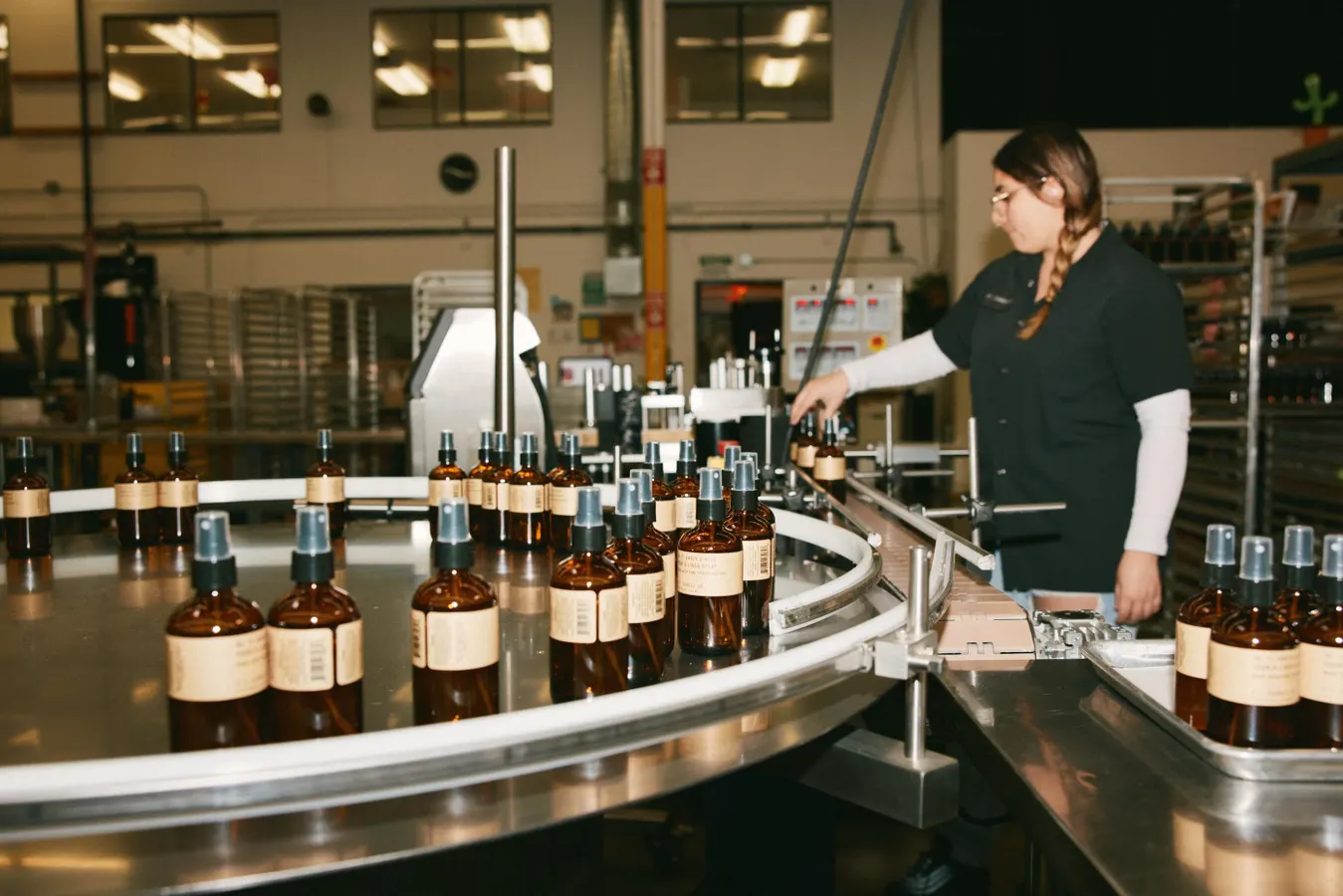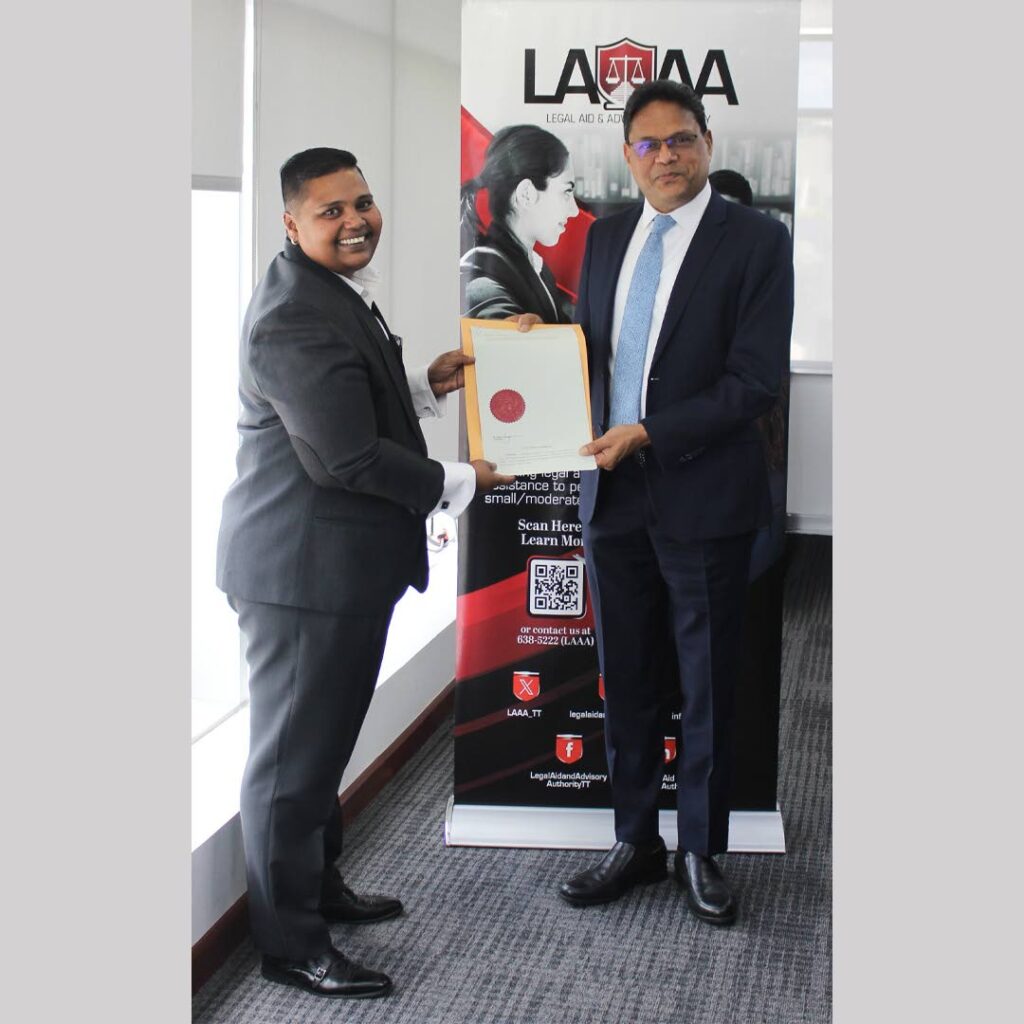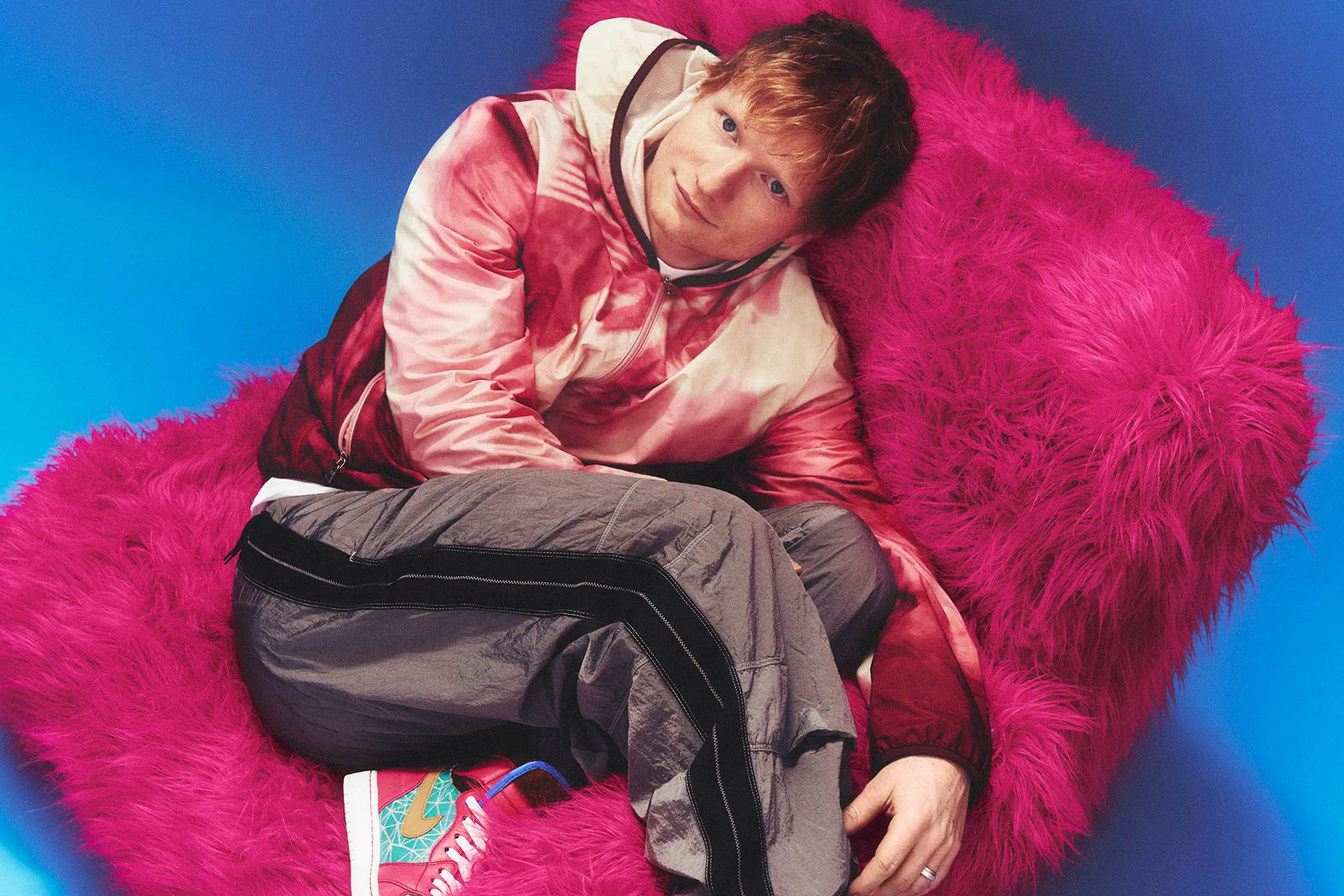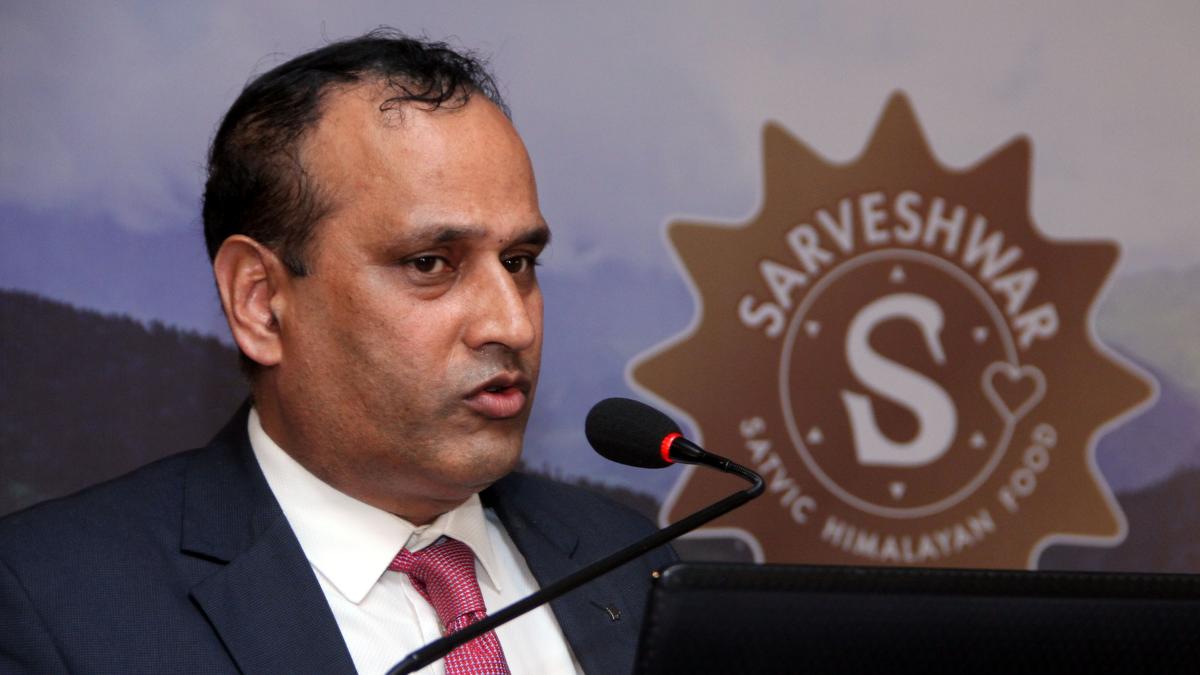By Contributor,Esha Chhabra
Copyright forbes

PF Candle has become famous for its affordable amber glass jar candles.
The iconic P.F. Candle, known for its amber glass jars, has grown from an Etsy shop to a multi-million dollar operation with nearly 60 employees while maintaining its commitment to environmental responsibility and independence.
When Kristen Pumphrey started P.F. Candle Co. from her kitchen stovetop in 2008, she had no MBA, no business plan, and certainly no thoughts of building what would become one of America’s most recognizable candle brands. She just wanted to support herself after losing her publishing job during the 2008 recession.
“I didn’t set out saying I’m going to make a big company that’s going to employ a lot of people. For me, I just wanted to start an Etsy shop that would support myself.”
Today, P.F. Candle Co. employs dozens of workers, distributes to hundreds of independent retailers nationwide, has its three own outposts, and has been featured by major retailers like Urban Outfitters and West Elm. The company has achieved this growth while remaining entirely self-funded, turning down multiple acquisition offers and investment opportunities along the way.
The journey from hobby to household name wasn’t without its challenges. After years of doing craft markets and local events, in 2013, Kristen’s husband Thomas Neuberger joined the business officially, and by 2014, they experienced explosive growth that pushed them to their limits.
Founders Kristen and Tom of PF Candle.
MORE FOR YOU
“We went from two people to 15 people in the course of a year in 2014,” Pumphrey recalls. “We had this hungry mentality because I lost my job in the 2008 recession, and I sort of had this mindset of what if I never get that opportunity again?”
That year proved pivotal when four major retailers—West Elm, Urban Outfitters, CB2, and Madewell—all came on board simultaneously. The couple’s first major order from West Elm was about $40,000, an “unfathomable amount of money” at the time, she says, that they fulfilled entirely by themselves.
“Tom and I did that order by ourselves. We worked 30 days straight. It was super intense. We were freshly married, which is so great. We really just threw it in the fire,” she says.
The company’s growth strategy has always centered on organic expansion rather than external funding. While they’ve received offers for both investment and acquisition, the founders have consistently chosen independence.
“Tom and I talk about what we would do with the money and what’s our goal here, what we’re trying to grow. And we don’t really have this desire to just grow for growth’s sake. We want to make sure that our product is serving a purpose.”
Central to PF Candle Co.’s identity is its commitment to environmental sustainability, a principle that predates the current green marketing trend, she says. Pumphrey has used soy wax since the company’s inception in 2008, well before it became popular as a renewable alternative to paraffin.
They also recently achieved Climate Neutral certification, reducing their carbon footprint by 40% over the past few years through various initiatives. These include incentive programs that reduced single-car ridership among employees and powering all warehouses and manufacturing facilities with renewable energy.
“The environmental angle has been there from the very beginning,” Pumphrey notes. “We just try to make it part of our everyday practice” rather than using sustainability as a selling point.
This authentic approach has resonated with consumers and retailers alike. The company maintains a 55% returning customer rate, she says, with many customers reordering every one to two months. Independent retailers, which remain the core of PF Candle Co.’s business model, have also stayed loyal over the years.
“It’s super symbiotic,” Pumphrey notes about the relationship with independent shops. “We’ve kept them going and kept them afloat because PF is consistent. We have really strong marketing and our direct marketing is so strong that people go into one of these independent shops and they go, ‘oh, I know that candle.'”
Instagram and social media have helped significantly, given Pumphrey was one of the early adopters. Plus, one of their scents – Teakwood & Tobacco – became a cult favorite. Though many others have followed, Pumphrey says that once Teakwood and Tobacco took off, it become so popular online and at the indepedent retailers that sometimes they struggled to keep it in stock.
The pandemic years brought another wave of growth as homebound consumers sought comfort products. Yet, while orders were continuing to come in, so were competitors. In 2021 an influx of new candle companies entered the market, creating unprecedented competition.
“2021 was like an explosion. Everyone was home, making or using candles. So we saw an absolute explosion in the home fragrance market.”
But PF Candle, already in its 13th year of business, weathered the increased competition by focusing on consistency and quality. Recently, a major retailer approached them specifically because they wanted “something affordable for customers and something that’s recognizable and consistent.”
Compared to the many competitors that surfaced in the candle market, PF Candle was affordable, still at $24.00 for one of their popular amber jars. Whereas, the new entries were pricier, some as high as $70 to $80 a candle.
As PF Candle Co. looks towards the future, Pumphrey is keen on exploring hospitality. “That’s my white whale. I really would love to do hospitality. Our fragrances could memorable experiences in hotel lobbies and rooms.”
This could be a good fit, especially for West Coast properties, since so many of the scents are inspired by the rugged landscape in the West.
The company’s manufacturing remains rooted in Los Angeles, with facilities in Commerce and offices downtown. Despite the higher costs of operating in California, the founders remain committed to paying living wages while keeping products affordable—a balancing act that tests their values-driven approach.
“We want to keep an eye on all those things and make sure our staff is getting a living wage, we also want to keep our product price affordable,” she iterates. “It’s a big challenge that we put ourselves up to, to operate a business in Los Angeles County and also make an affordably priced premium candle.”
When Pumphrey and her husband started, they were initially in Austin, TX, working out of a warehouse-meets-office space. Then they spent many months on the road, going to shows, filling up their cars with candles, and exhibiting across the West Coast at small and big trade shows. That led them to station themselves in LA, the wellness and culture capital of America.
Looking ahead, Pumphrey envisions PF Candle Co. becoming “an American legacy brand,” drawing inspiration from California companies like Vans, Levi’s, and Dr. Bronner’s that have maintained their independence while building lasting cultural impact, she says.
“If we could do that while being independent, that would be awesome because then that means that we know how we’re running things. It’s very much like a mom and pop. Tom and I are very engaged, and we don’t just look at the numbers.”
PF Candle’s story offers a counter narrative to the venture capital-fueled startup culture, demonstrating that sustainable, profitable growth is possible. By having lean operations, committed founders, and careful attention to product quality, environmental responsibility, and authentic relationships with customers and retail partners, it’s not impossible to bootstrap a brand – even in today’s highly competitive market.
Editorial StandardsReprints & Permissions



